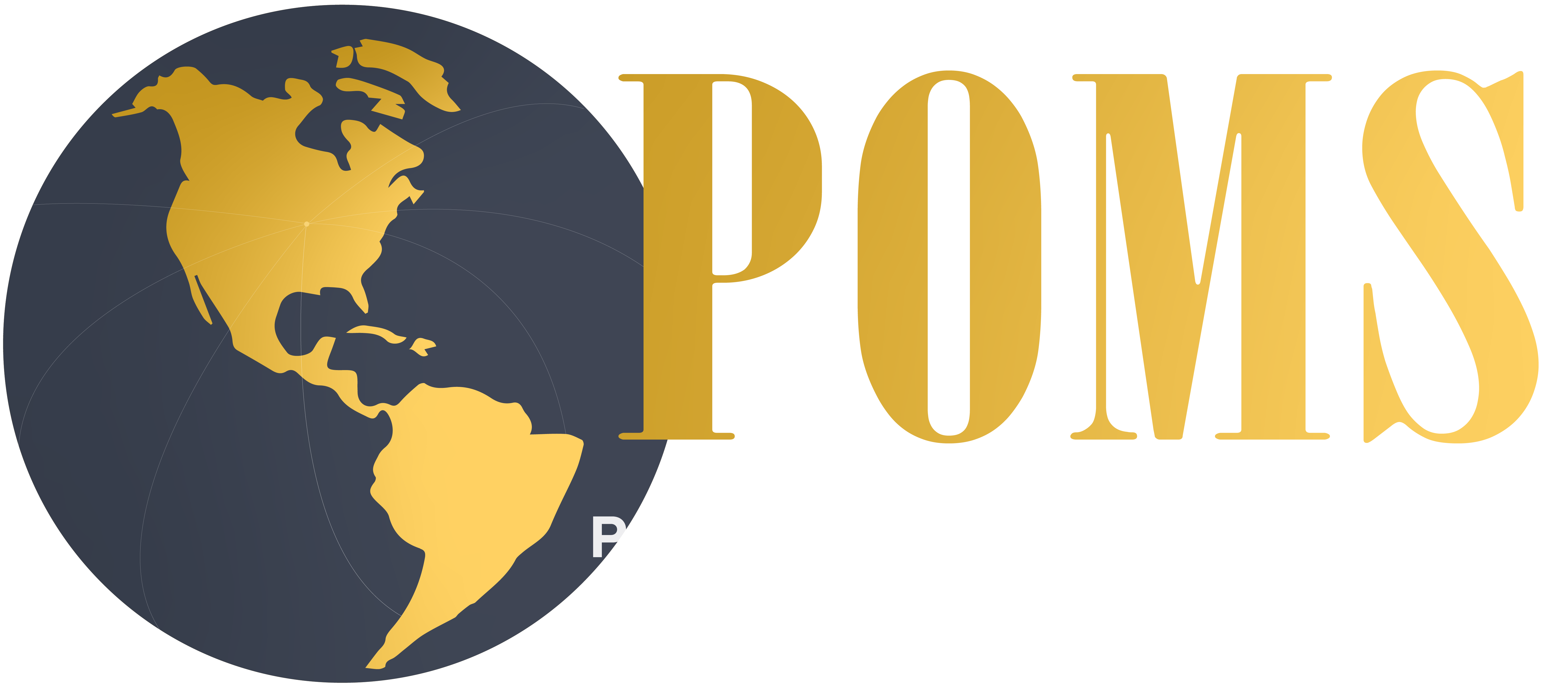POMS Practitioner Forum / UCLA Global Supply Chain Blog
Mr. Lee Chong Kwee Chairman, Jurong Port Pte. Ltd., Singapore [www.jp.com.sg] and formerly Chief Executive Officer of Exel Logistics (Asia Pacific).
Interview conducted by Christopher Tang
The port of Singapore is known to be one of the largest and busiest ports in the world, second only to Shanghai. Whilst PSA is typically synonymous with the port of Singapore, the latter also refers to Jurong Port which is Singapore's multi-purpose port handling general and bulk cargo. Despite the trend of containerization and globalization, there is still a tremendous amount of product cargoes that cannot be shipped using the container. That then becomes the role of multi-purpose port operators such as Jurong Port. To learn more about Jurong Port, I had the privilege to meet with Mr. Lee in Singapore for an interview.
1. What is the strategic intent of Jurong Port?
Jurong Port is the primary gateway for handling all of Singapore's imports and re-exports of general, conventional (breakbulk) and bulk cargo. Currently, it serves a national strategic purpose by providing efficient port services for the handling of key industrial products such as steel, cement, ship supplies and heavy machinery & equipment all of which are necessary for Singapore's continuous economic growth and infrastructure building & development. Jurong Port also provides infrastructure that supports the handling of a wide variety of dry and liquid bulk products such as sugar, sulphur, fertilizers, lubricant oil, gas oil and etc., which are critical raw materials for industrial manufacturing. As Singapore continues to restructure its economy, so too must Jurong Port. The strategic intent of the port is to be able to expand its business operating capabilities to handle new product cargoes and waterfront infrastructures that drives Singapore's overall long-term economic and industrial development. Leveraging the port's expertise, it seeks to establish other domestic and overseas ports & terminals to reinforce its role as a leading, multi-purpose port operator in Singapore as well as the region.
2. What is the value proposition of Jurong Port?
Jurong Port's value proposition is to develop and manage common-user waterfront infrastructure and services that facilitate the efficient handling of multiple industry-specific products and cargoes. It creates this value proposition through continuous innovation in a typically conservative industry, working actively with industry stakeholders to integrate new technology and port practices to deliver solutions that work in Singapore and beyond.
3. Which market segments do Jurong Port serve?
As a multi-purpose port operator, Jurong Port serves a wide variety of market segments. This ranges from serving the needs of government agencies, traders, manufacturers, shipyards, distributors, logistics companies and many others in the building & construction, ship-building, industrial manufacturing, logistics, ship chandling, petrochemicals and offshore & marine sectors. Due to Singapore's excellent connectivity, Jurong Port also serves many shipping lines that use Singapore as a regional transit point for storing and offloading of cargoes intended for nearby ports and industrial activities
4. As environmental sustainability is becoming a global concern, what is Jurong Port doing to reduce waste and carbon footprint?
In 2010, Jurong Port embarked on its first carbon footprinting study to assess the port's overall carbon emissions (scope 1-3). In doing so, it spelt out the organization's aspiration to be a cleaner and greener port and has embarked on a journey towards achieving greater carbon and energy efficiency. A number of strategic initiatives were followed through, including the re-development of our port's main administrative building to be a Green Mark Platinum building which resulted in overall greater energy efficiency and reduced consumption. In addition, Jurong Port has also recently committed towards a $12 million Green Research & Productivity Fund, together with the Maritime & Port Authority of Singapore (MPA), to research and pilot-test initiatives that will increase energy efficiency and enhance our port's environmental sustainability.

